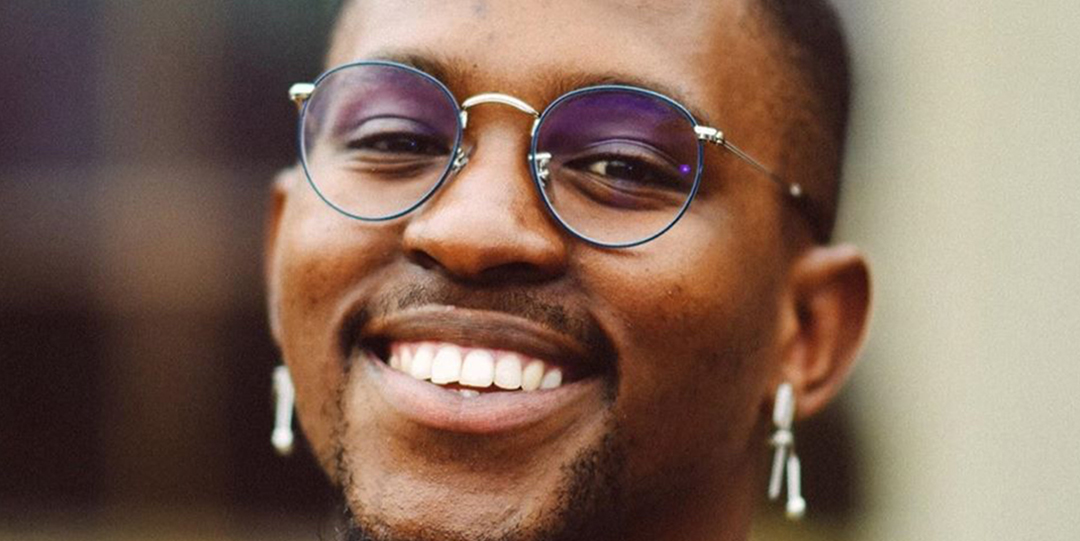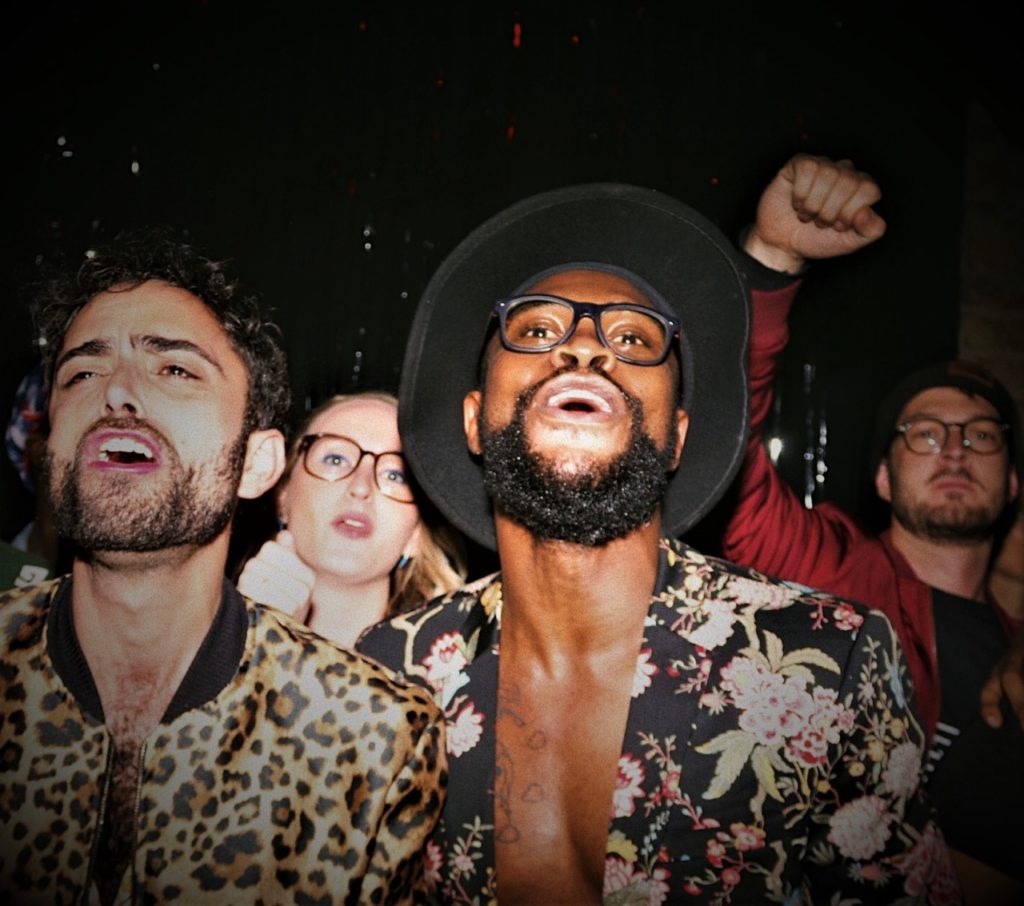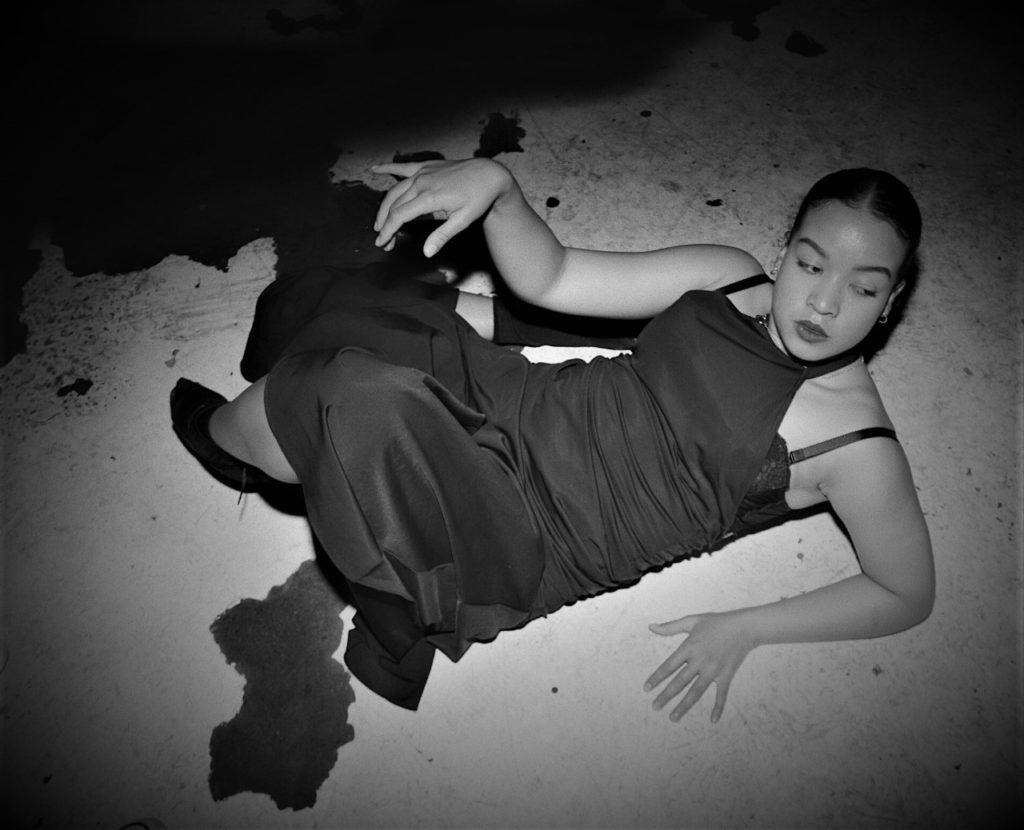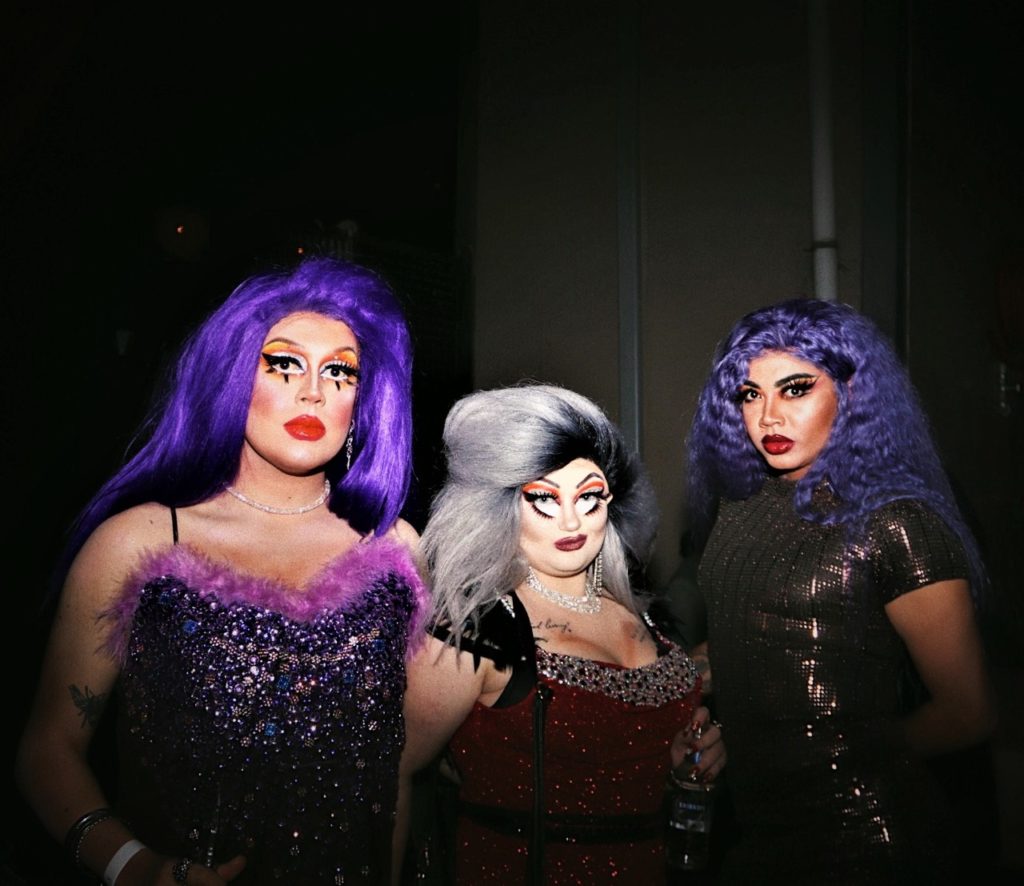
Lelowhatsgood? Everything Queer!
LGBTQIA+ culture has sashayed its way from obscurity into the dazzling spotlight of mainstream. It’s a grouping which, through their marginalisation and discrimination, have given birth to countless references for pop culture from dance, fashion and language.
We reference the critically acclaimed 1991 LGBTQ+ documentary Paris Is Burning which highlights late 80’s underground Ballroom culture in New York City. But, beyond the sequins, death drops and exclamations of “Yaaaaaaaassssssss Queen” is a community who wants to be seen and be a genuine part of society.
Fast forward to 2020 South Africa and the sentiment is exactly the same. The question is what is the African queer identity and how is ballroom culture helping to identify and cultivate it? Zane Ntsikelelo ‘Lelo’ Meslani, popularly known as Lelowhatsgood, is a multi-talented creative and cultural curator. He is behind the representation and increased visibility of queer creatives in the entertainment industry in South Africa, as well as the creator of Vogue Nights Jozi, Mzansi’s answer to the ballroom scene.
As a live-mix DJ, Lelowhatsgood mixes a blend of Ballroom/Vogue beats, Gqom, Baile Funk and Alternative into his sets. As a writer and content creator, Lelo aims to break down societal stereotypes, generalizations, and misconceptions surrounding queer culture. With bylines that include The New York Times, Mail & Guardian and Superbalist’s The Way of Us, and becoming a Senior Editor for Faculty Press, Lelo is an important and sought-after young voice in South Africa.
The Wire sat down with Lelo to discuss Queer culture, African identity within that space and the importance of unapologetically queer spaces for society as a whole.

What role does Vogue Nights Jozi play in the advancement of South African Queer culture?
I think what Vogue Nights Jozi does in this part of the culture is offer something that’s fresh and different from what we see in the local scene – especially in terms of club music, seeing more different bodies that fall out of the status quo of accepted standards of masc or femme beauty, and an event format that’s been part of queer culture for many decades, especially in Western parts of the world. What we’re doing in this context is making it local but still remaining true to the culture.
Balls are built on the premise of “houses” battling for glory, with legendary individuals arising out of that. Is Vogue Nights Jozi following that same blueprint and who are the names to look out for?
It is following that format but, much like the new globalised balls across the world, individual participation is also still very much encouraged. The houses that have been shaking things up are Queer Mafia, House of Diamonds, House of Pose, House of Reve and now the new kids in the game, House of Ganoosh. It’s encouraging to see new houses form and children taking part in categories to win trophies. It inspires more people who come to the events as well.
There are countless references of contemporary queer culture that can be seen in mainstream pop culture. Do you think there is a danger of queer culture being appropriated and in essence diluted?
You know what, appropriating is always dangerous. You see a lot of heterosexual people biting off queer culture but still remain homophobic or transphobic. You see it every day in the use of language, trends or style choices. The one thing that makes it dangerous is not acknowledging the origins of the borrowed culture and then contributing to erasure. Black queer erasure is a real thing.


Let’s get a bit more serious. There are a lot of underlying issues that are plaguing the queer community namely, gender based violence. How is Vogue Nights Jozi addressing these issues within the space?
I don’t think these are unique to the queer community only. We find a lot of these toxic behaviours in a lot of spaces. How we’ve decided to address our safety concerns is by getting Pussy Party involved in part of our operations, which means having femme bouncers, having on-sight party patrols if anything arises and also just making our statement loud and clear from the beginning – bringing good energy to the dance floor. Our MC of the night, Tutu Zondo also encourages safety house rules during the night as well. These are just some of the things we do to party in a safer environment.
There is a belief that queerness is a product of sexual colonization and that it is not a part of the African identity. Do you think the two can co-exist or are they part and parcel of one another?
That belief is silly, in my option. Queerness has always been African. No one “brought” it here via ships. It’s innate. I do think that colonisation brought a lot of hate and ultimately changed people’s perspectives on a lot of things. But that’s a conversation for another day.
In conclusion, what do you think is the South African LGBTIQA+ community’s contribution to the world?
A lot of creativity, boldness and just being ALL THAT through our diversity and expression.

C.S.A.’s monthly cultural portal, The WIRE connects the dots of culture. With concise stories, many with video content, take a premium dive into the world of African entertainment & cultural fluidity. It’s one thing to be hip to what’s happening but it is another to know why.
Follow us

WHERE TO FIND US
Johannesburg
Cape Town
Los Angeles
Lagos
London
SIGN UP TO OUR NEWSLETTER
Copyright © 2024 Celebrity Services Africa | Privacy Policy | Terms and Conditions
CSA Global is compliant with the provisions of the Protection of Information Act 4 of 2013. For a copy of the Company’s data protection policy, please click here.




